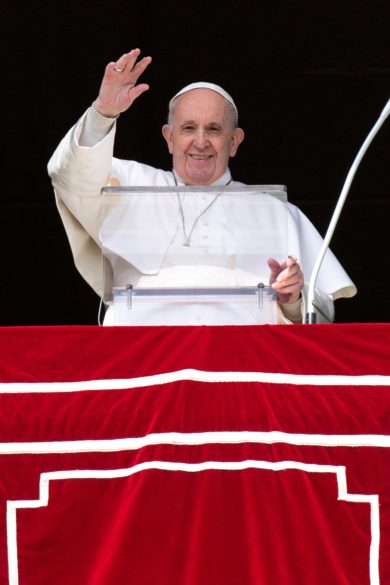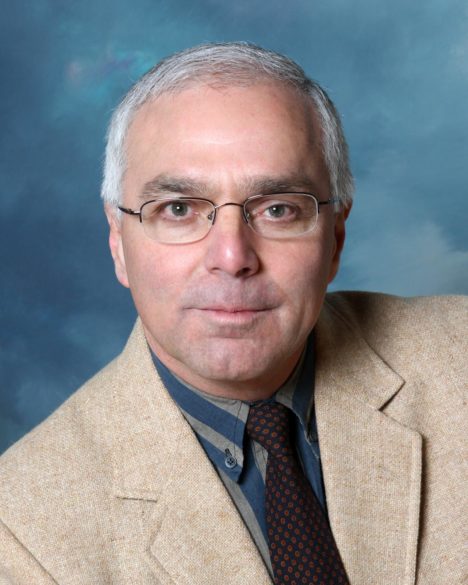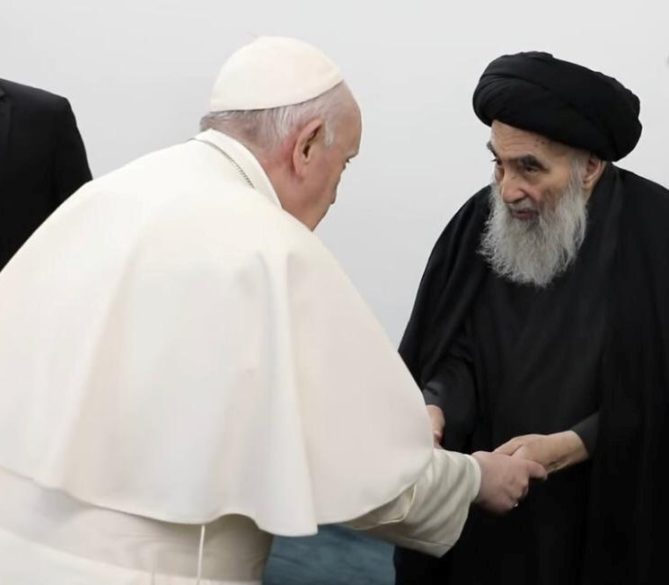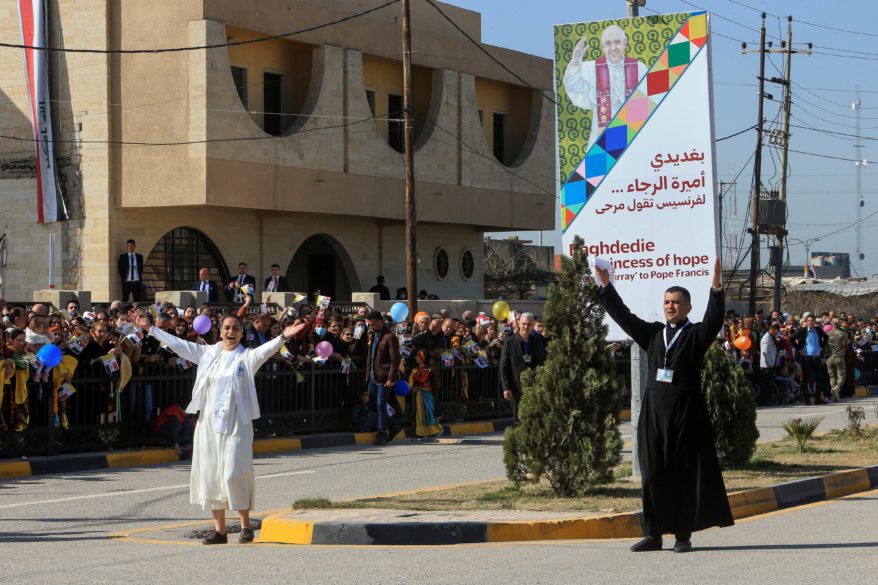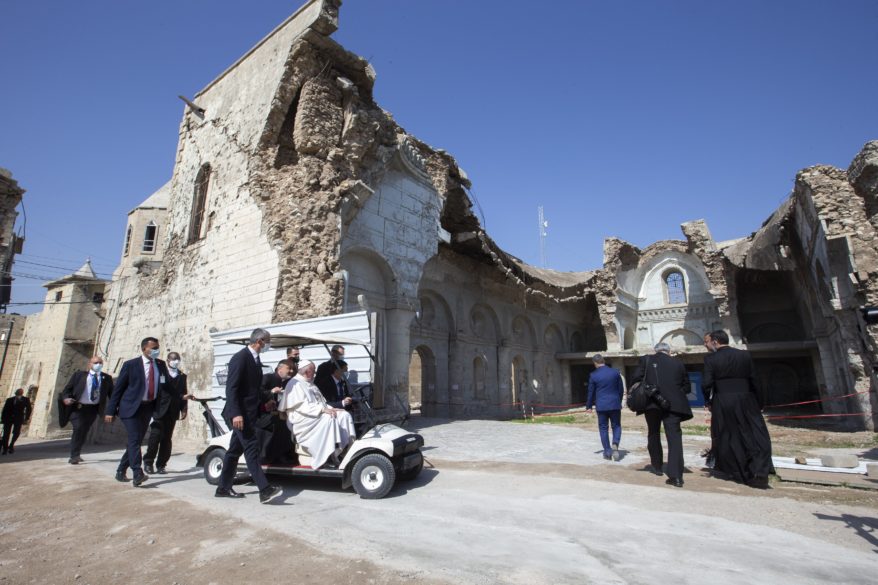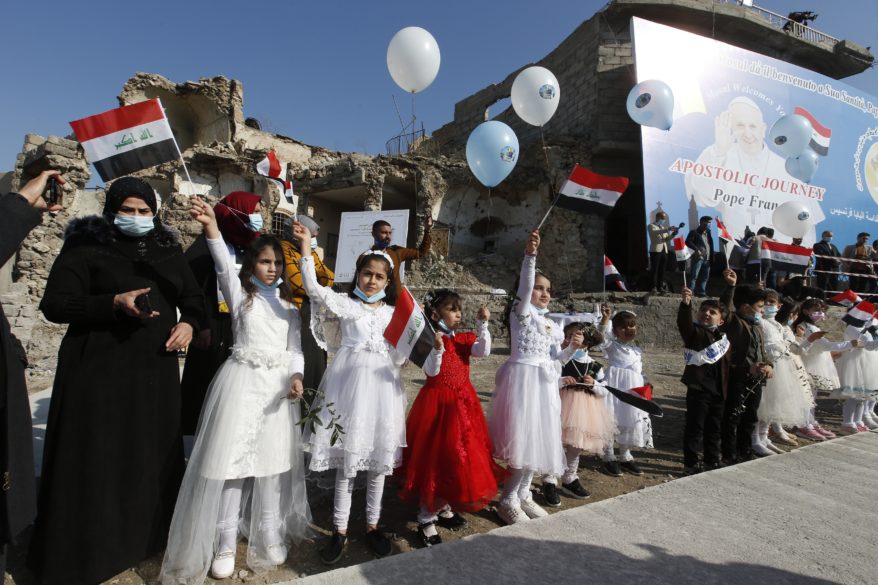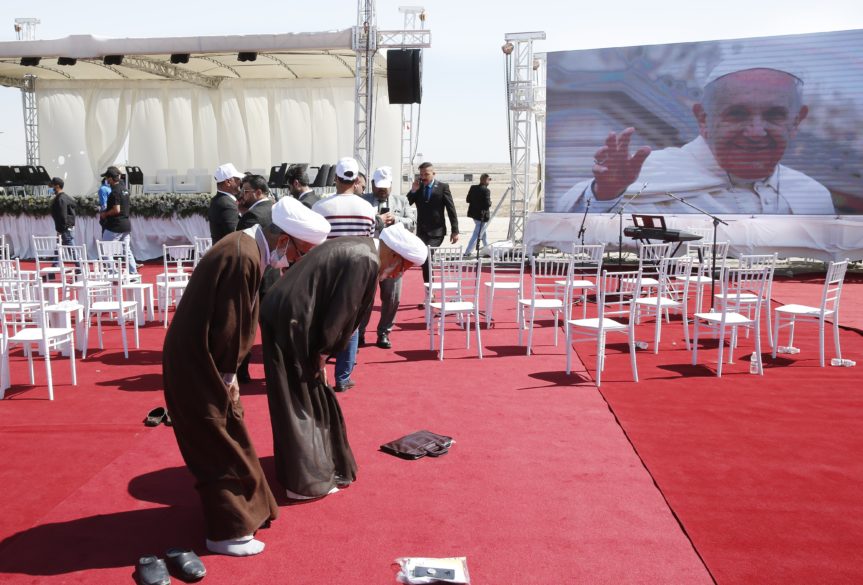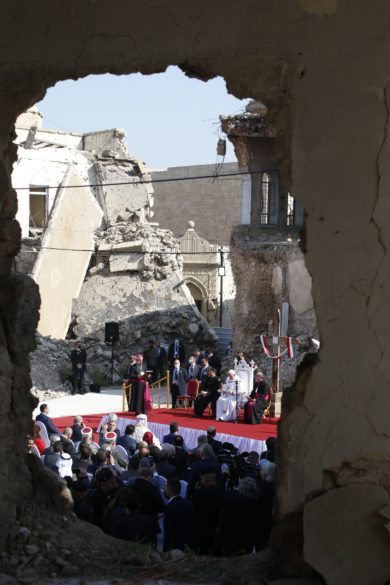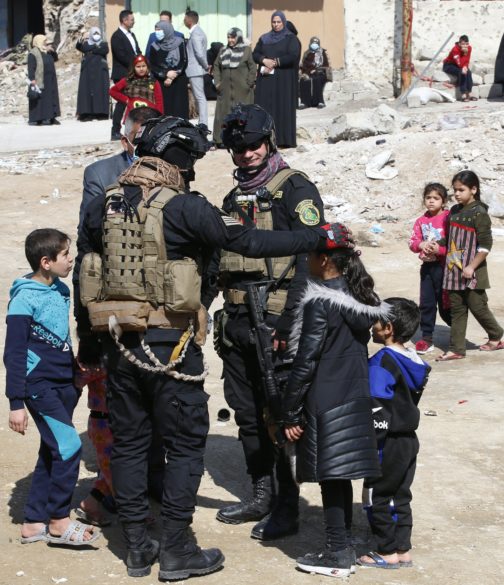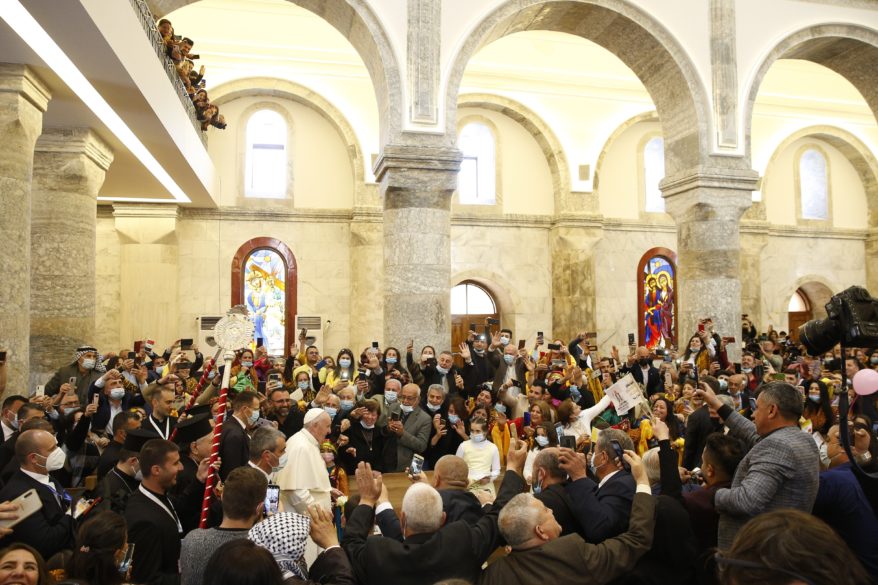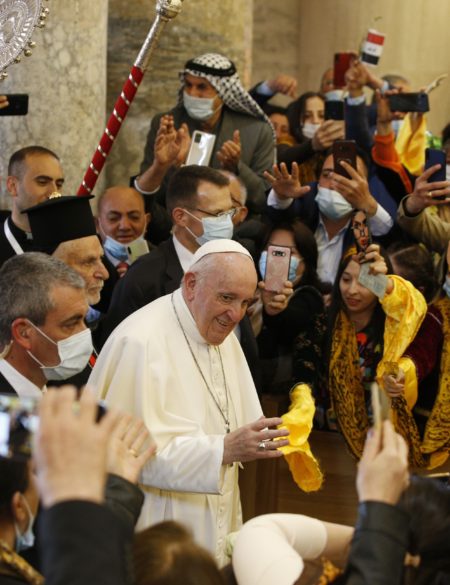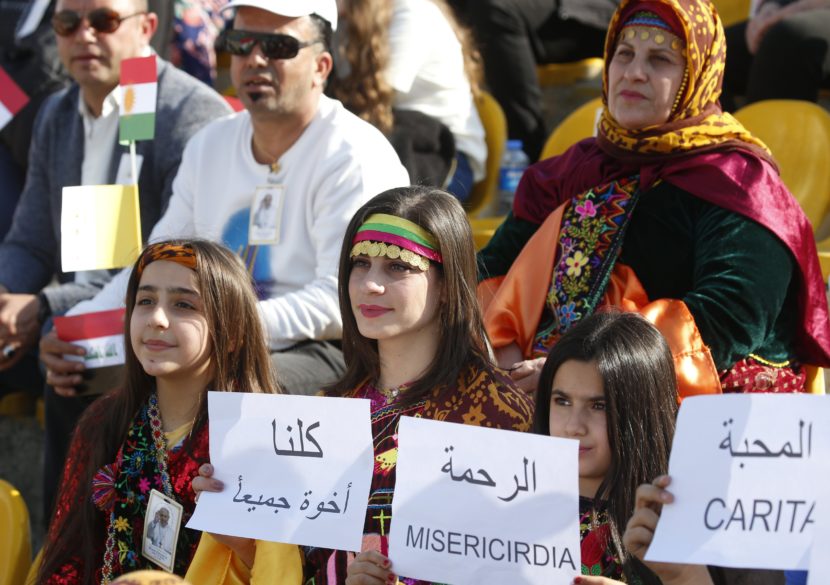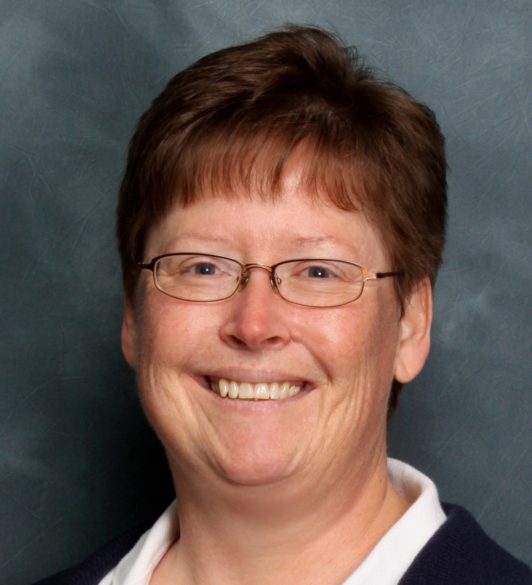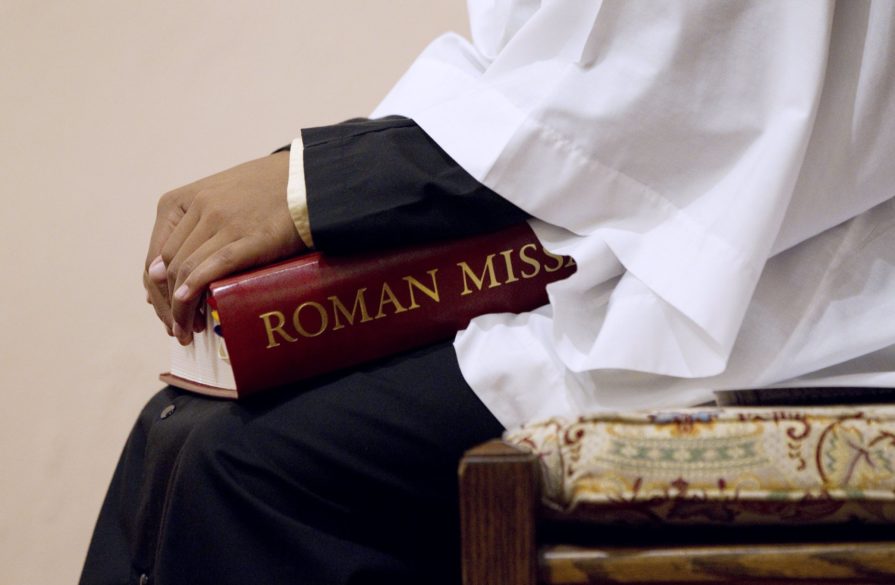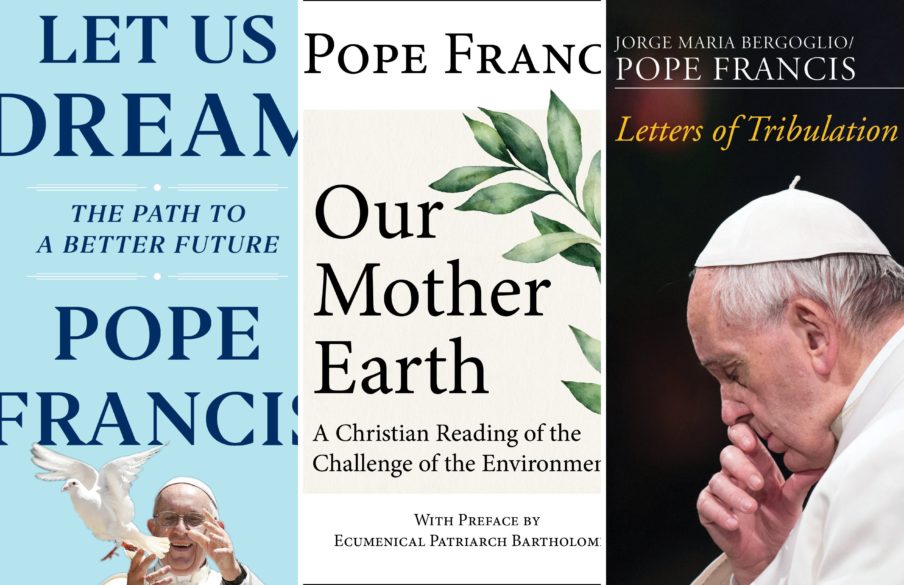Por Obispo Joseph R. Kopacz, D.D.
El 8 de diciembre de 2020, el Papa Francisco decretó que el próximo año en el mundo católico se dedicaría como el Año de San José. Totalmente impregnado de la tradición de la Iglesia, el Santo Padre estaba conmemorando el 150 aniversario de la declaración de Pío IX, quien levantó a San José como “Patrón de la Iglesia Católica.”

A través de los años, el Venerable Pío XII propuso a San José como “Patrón de los Trabajadores,” San Juan Pablo II como “Guardián del Redentor, y es invocado universalmente como el “patrón de una muerte feliz”.
Patris Corde “Con un corazón de padre” es el adorable título que da la carta del Papa Francisco a la Iglesia Católica para el tributo de este año. Profundizando en las Sagradas Escrituras, reflexionando sobre la tradición de la Iglesia y respondiendo a los desafíos y crisis de nuestro tiempo, especialmente a la pandemia mundial, es el deseo del Santo Padre en esta carta de ofrecer un camino hacia adelante a través del lente de la vida de San José.
Los títulos de los capítulos de esta inspiradora carta desarrollan una enseñanza atemporal sobre este hombre extraordinario, el guardián del Redentor. Es un padre amado, un padre tierno y amoroso, un padre obediente, un padre que acepta, un padre creativamente valiente, un padre trabajador y un padre en las sombras (fuera del centro de atención).
Con el mundo todavía tambaleándose por la pandemia, el Papa Francisco enaltece a innumerables mujeres y hombres que sirven a la manera de San José.
“Personas que no aparecen en los titulares de periódicos y revistas, ni en los últimos programas de televisión, pero que en estos mismos días seguramente están dando forma a los hechos decisivos de nuestra historia. Médicos, enfermeras, tenderos y trabajadores de supermercados, personal de limpieza, cuidadores, trabajadores del transporte, hombres y mujeres que trabajan para brindar servicios esenciales y seguridad pública, voluntarios, sacerdotes, religiosos y religiosas, y tantos otros. Todos ellos entendieron que nadie se salva solo… ¿Cuántas personas diariamente ejercitan la paciencia y ofrecen esperanza, cuidando que no se propague el pánico, sino la responsabilidad compartida? ¿Cuántos padres, madres, abuelos y maestros están mostrando a nuestros hijos, en pequeñas formas cotidianas, cómo aceptar y afrontar una crisis ajustando sus rutinas, mirando hacia el futuro y fomentando la práctica de la oración?, ¿Cuántos están orando, haciendo sacrificios e intercediendo por el bien de todos? Cada uno de nosotros puede descubrir en José, el hombre que pasa desapercibido, una presencia cotidiana, discreta y oculta, un intercesor, un apoyo y un guía en tiempos de angustia. San José nos recuerda que quienes aparecen ocultos o en las sombras pueden jugar un papel incomparable en la historia de la salvación. A todos debemos una palabra de reconocimiento y gratitud.”
Podemos decir con certeza que, así como Dios había preparado a María de Nazaret a lo largo de su joven vida para ser la madre virgen del Salvador, así también Dios había preparado a San José para aceptar los acontecimientos inimaginables que se estrellaron sobre él y que habrían abrumado un hombre de menor fe y coraje.
Las sagradas escrituras brindan una ventana a la rica vida interior de su fe, que se registra como una serie de sueños que lo guían a aceptar a María en su hogar como esposa, a huir a Egipto y a finalmente, regresar a Nazaret después de la muerte del rey Herodes. La fe, el coraje, la obediencia, la confianza, la perseverancia, la oración, la compasión, la fidelidad, la castidad son unas en la lista de virtudes, nacidas de la fe en Dios, que podría continuar para describir al padre adoptivo de Jesús.
El cardenal Herbert Vaughan, fundador de los misioneros Josefitas de Mill Hill en Inglaterra de donde surgieron los Josefitas estadounidenses en 1893, ejerció una influencia considerable al Papa Pío IX para declarar en 1870 el patrocinio universal de San José. (Los Josefitas continúan sirviendo como pastores en Holy Family en Natchez.)
El cardenal Vaughan escribió profundamente que San José era un hombre para todos los tiempos y estaciones. “Si trabajas por tu pan; si tienes una familia que mantener; si soportas privaciones y sufrimientos; si su corazón es examinado por juicios en casa; si te asaltan algunas tentaciones inoportunas; si su fe es duramente probada y su esperanza parece perdida en las tinieblas y la desilusión; si todavía tienes que aprender a amar y servir a Jesús y María como debes, José es tu modelo, tu maestro y tu padre.”
Al concluir la “Patris Corde”, el Papa Francisco ofrece la siguiente oración por nuestra edificación y conversión, especialmente en este momento en que anticipamos la Solemnidad de San José el próximo 19 de marzo, justo en el corazón de la Cuaresma.
Salve, guardián del Redentor,
Esposo de la Santísima Virgen María.
A ti Dios confió a su único Hijo;
en ti María puso su confianza;
contigo Cristo se hizo hombre.
Bendito José, también para nosotros,
Muéstrate como padre
y guíanos por el camino de la vida.
Obtén para nosotros gracia, misericordia y valor,
y defiéndenos de todo mal. Amén.

